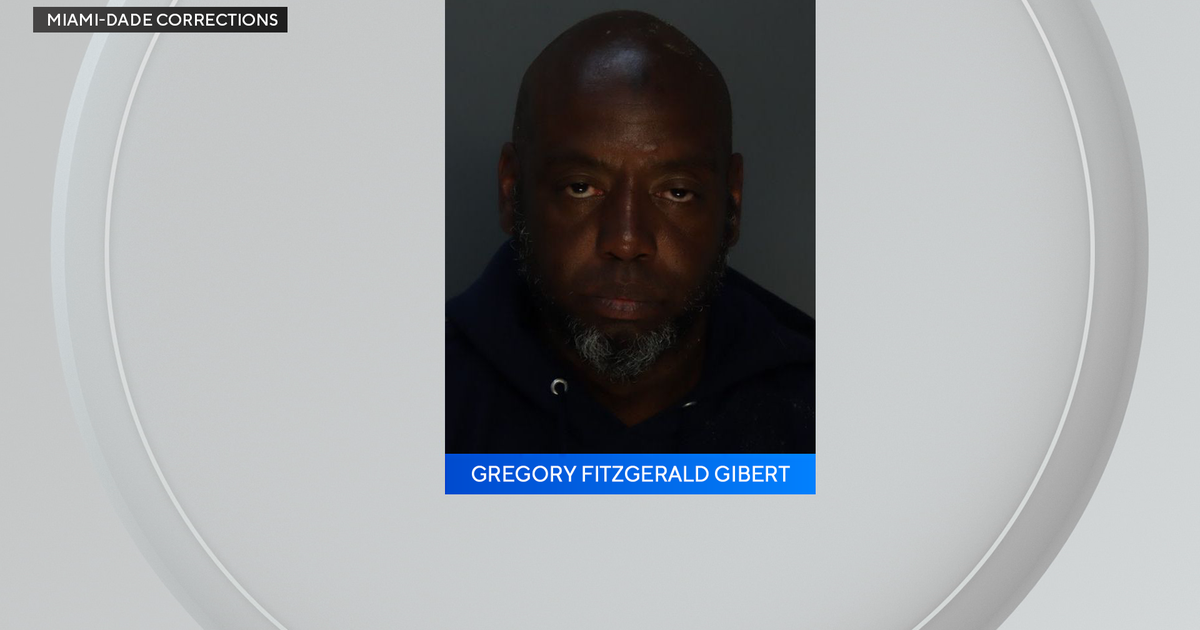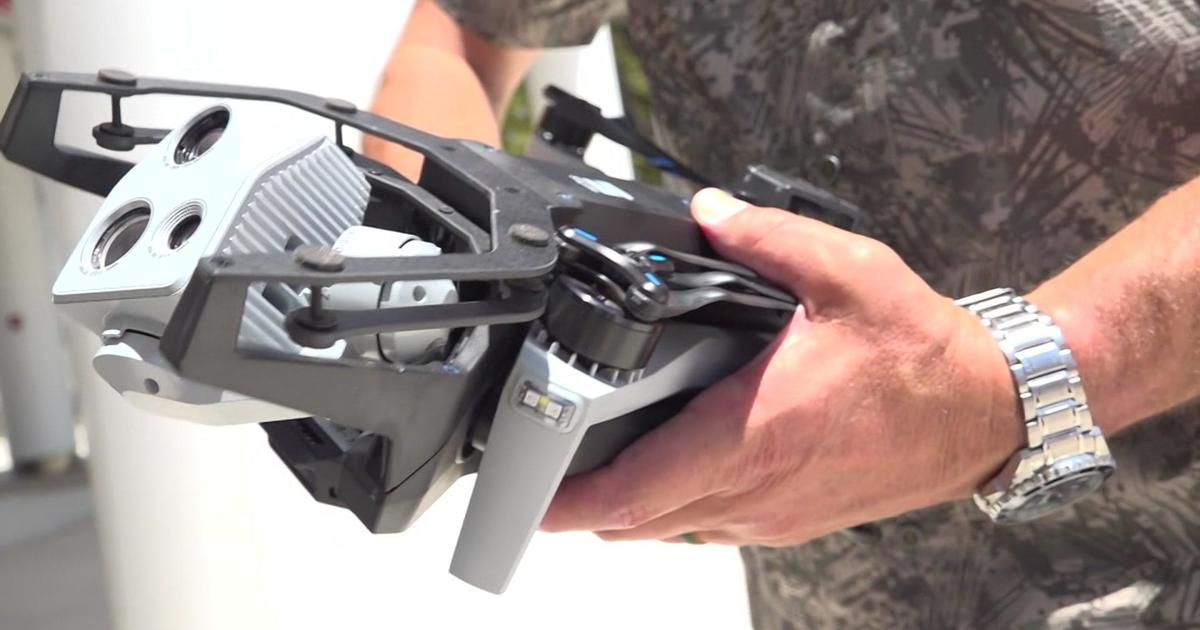Supreme Court Limits Drug-Sniffing Dog Usage By Police
MIAMI (CBSMiami) – The United States Supreme Court ruled Tuesday that police must first get a search warrant before bringing drug-sniffing police dogs onto a suspects property.
The Supreme Court's 5-4 decision upheld a Florida Supreme Court ruling that threw out evidence seized in the search of Joelis Jardines' Miami home. The search was based on an alert by a police dog from outside a closed front door in 2006.
"The police cannot, without a warrant based on probable cause, hang around on the lawn or in the side garden, trawling for evidence and perhaps peering into the windows of the home," Justice Antonin Scalia said for the majority. "And the officers here had all four of their feet and all four of their companion's, planted firmly on that curtilage — the front porch is the classic example of an area intimately associated with the life of the home."
He was joined in his opinion by Justices Clarence Thomas, Ruth Bader Ginsburg, Sonia Sotomayor and Elena Kagan.
ardines was charged with marijuana trafficking and grand theft for stealing electricity needed to run the highly sophisticated operation. He pleaded not guilty and his attorney challenged the search, claiming Franky's sniff outside the front door was an unconstitutional law enforcement intrusion into the home.
The trial judge agreed and threw out the evidence seized in the search, but that was reversed by an intermediate appeals court. In April a divided Florida Supreme Court sided with the original judge. The Supreme Court's decision upholds that ruling.
"A drug detection dog is a specialized device for discovering objects not in plain view (or plain smell)," Kagan wrote in a concurring opinion. "That device here was aimed at a home — the most private and inviolate (or so we expect) of all the places and things the Fourth Amendment protects. Was this activity a trespass? Yes, as the court holds today. Was it also an invasion of privacy? Yes, that as well."
The four justices who dissented were Chief Justice John Roberts, Justice Stephen Breyer, Justice Anthony Kennedy and Justice Samuel Alito.
Alito said that the court's ruling stretches expectations of privacy too far.
"A reasonable person understands that odors emanating from a house may be detected from locations that are open to the public, and a reasonable person will not count on the strength of those odors remaining within the range that, while detectable by a dog, cannot be smelled by a human."
(TM and © Copyright 2013 CBS Radio Inc. and its relevant subsidiaries. CBS RADIO and EYE Logo TM and Copyright 2013 CBS Broadcasting Inc. Used under license. All Rights Reserved. This material may not be published, broadcast, rewritten, or redistributed. The Associated Press contributed to this report.)


